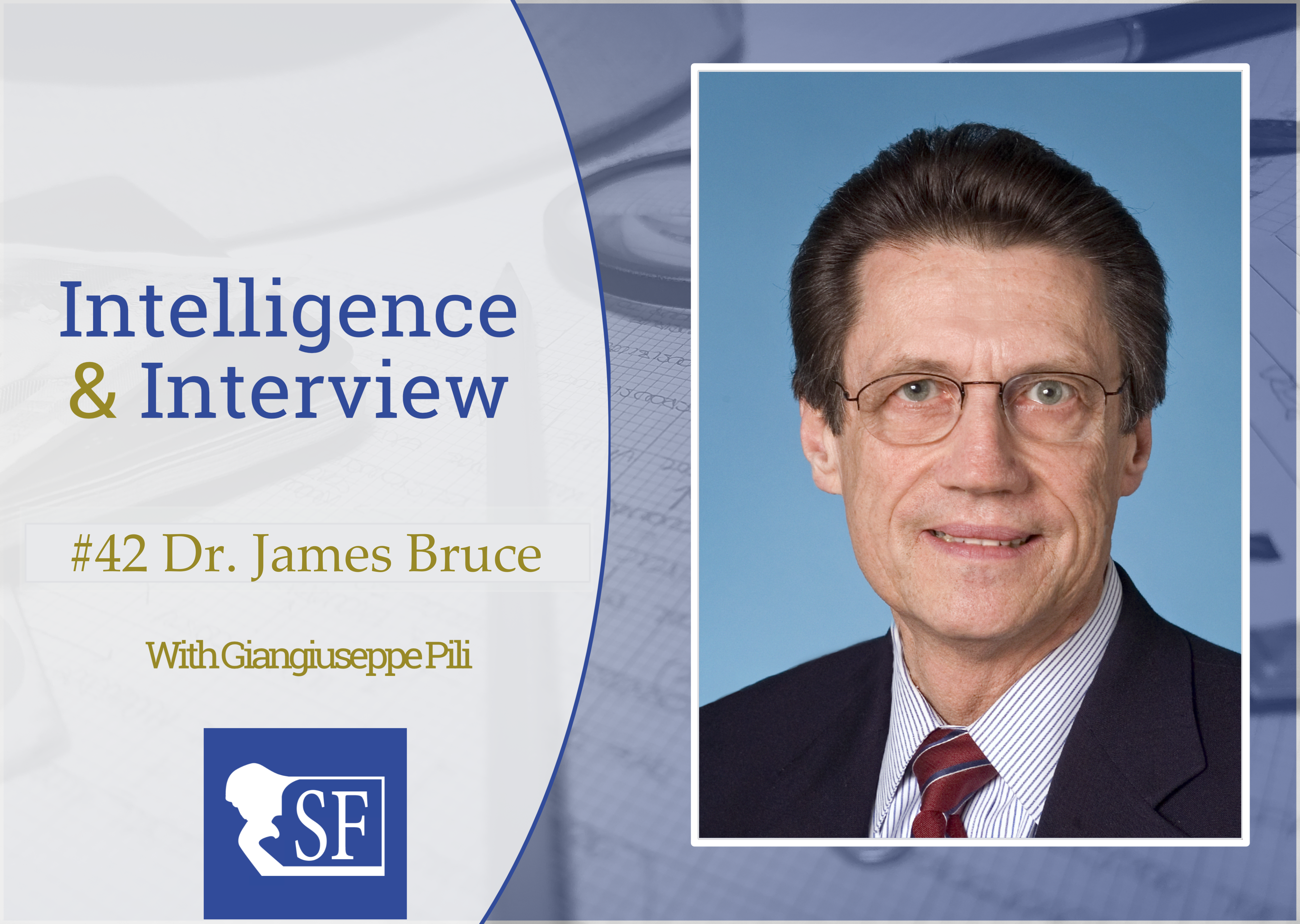
Discover Intelligence & Interview and Subscribe to the Newsletter!
I’m honored, delighted, and humbled by all the knowledge shared in this interview. Like many of us, I first James Bruce in his writing, from RAND reports to book chapters and papers. When I contacted him, I wanted to share my gratefulness for his seminal work on the epistemology of intelligence, because of my long-lasting interest in that almost esoteric (but crucial, I believe) topic. We had a deep conversation on intelligence analysis, the intelligence profession, and the conceptual understanding of intelligence from that moment on. As in all the best and deep conversations, there is a margin for different opinions, boosting further insights and deep thoughts. There will be so much reflection to be awed for all of our readers who will read the interview. Dr. Bruce has an outstanding position for covering so many topics at such a detailed level to be difficult to be matched, impossible to surpass. Although I try to be as grateful as I can be to all who enriched my knowledge, I can only publicly reinforce my deep appreciation for James Bruce’s interview, knowledge, experience, and all the thoughts he put into his conversations. His work and thought should definitely be an example, an inspiration for younger scholars and, more broadly, all who think human knowledge is crucial for the progress of civilization and meaning. In this very respect, James Bruce is absolutely a deep thinker. These words must be understood in the best way, as all our readers will immediately discover reading this interview. We covered crucial topics from intelligence analysis, its future as well as the epistemology of intelligence. It is then with my distinct pleasure to publish the interview on Scuola Filosofica – for those who don’t know it yet; it is one of the leading cultural blogs in Italy. In the name of Scuola Filosofica Team, our readers, and myself, Giangiuseppe Pili, James: thank you!
1# Hi James Bruce, let’s start from the basics. How would you like to present yourself to our national and international readers?
Hello, Gian, and thank you for the opportunity to discuss analysis! To start with a caveat: These interview responses are my own personal views, and they do not reflect the positions of the Central Intelligence Agency, the US government, or the RAND Corporation.
I am a retired intelligence analyst with 24 years’ experience at CIA. While there, I worked on a variety of substantive issues and also some methodological ones. With Ph.D. in hand and 10 years’ teaching experience in academe when I entered the Agency, I still had much to learn on my path to becoming a professional analyst.
My early career focus was on the Soviet Union, and I published a very controversial (then classified) paper in 1983 on civil unrest in the USSR. It described and successfully forecast growing political instability in the Soviet system due to a breakdown in the social contract between the governing Communist Party (CPSU) and the population that was growing increasingly restive with the regime’s authoritarianism and unfulfilled promises. That quantitative study of demonstrations, strikes, riots, and political violence revealed a tip-of-the-iceberg change afoot in the Soviet political culture across its 11 time zones that the KGB couldn’t curtail by force alone. The collapse of the Soviet Union on Christmas Day in 1991 was seen by some as a US intelligence failure. While that fateful day wasn’t specifically predicted, a few analysts had reported the early signs of imminent system failure and, by 1990, CIA had its demise pretty well in hand. Gorbachev’s rule was becoming increasingly precarious. Today Putin may be riding a similar tiger.

